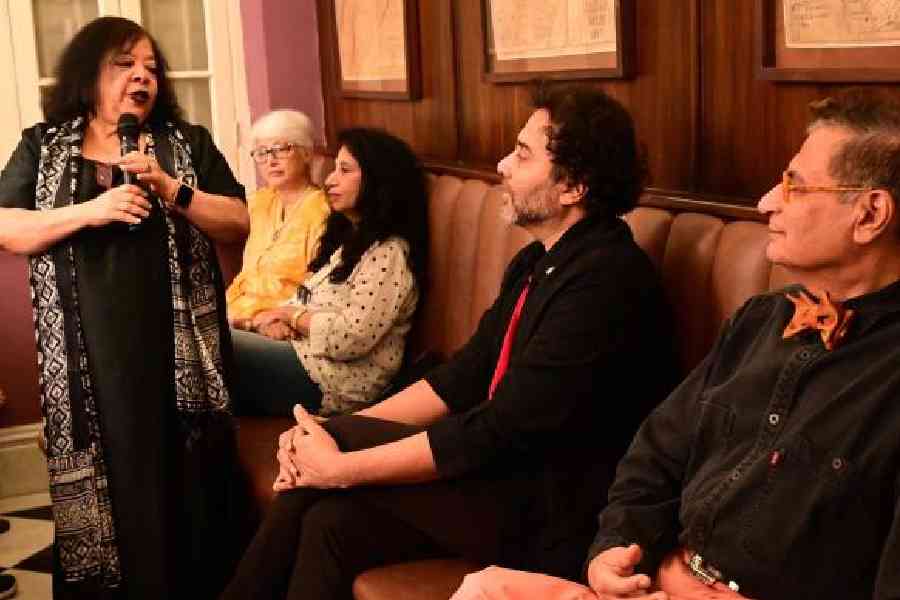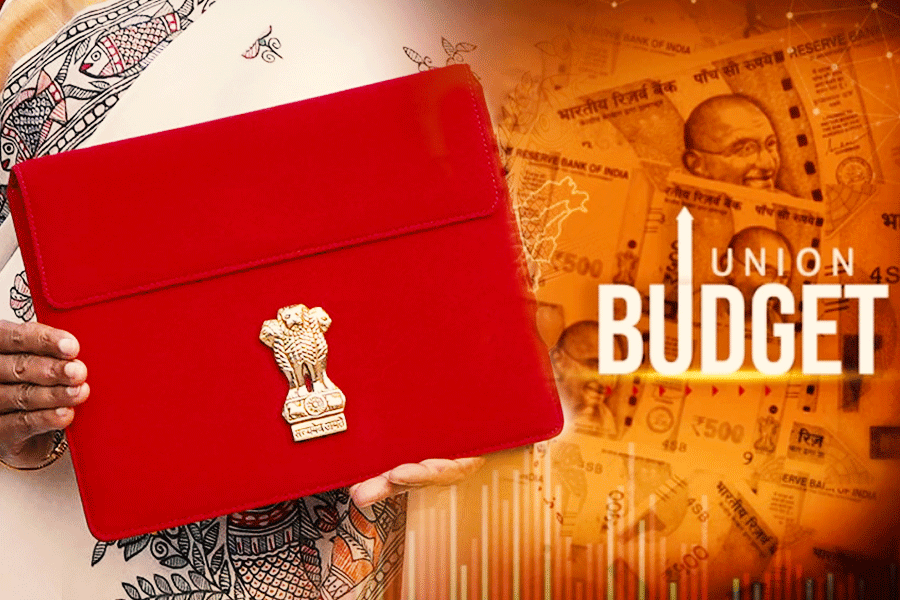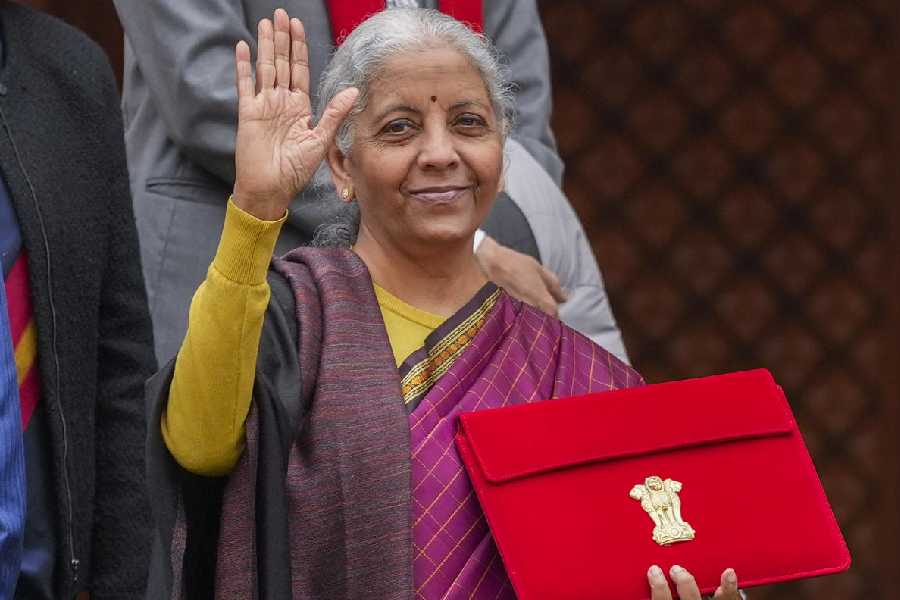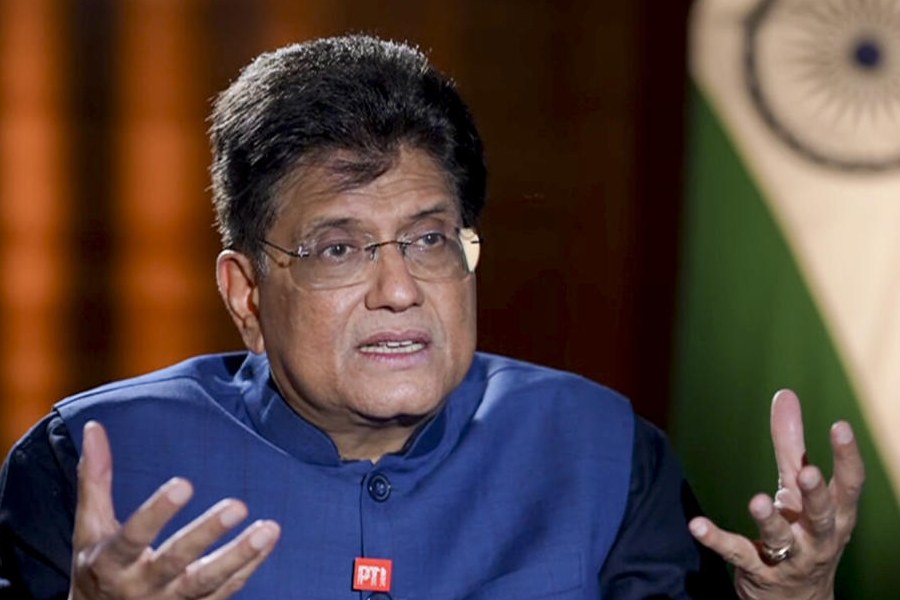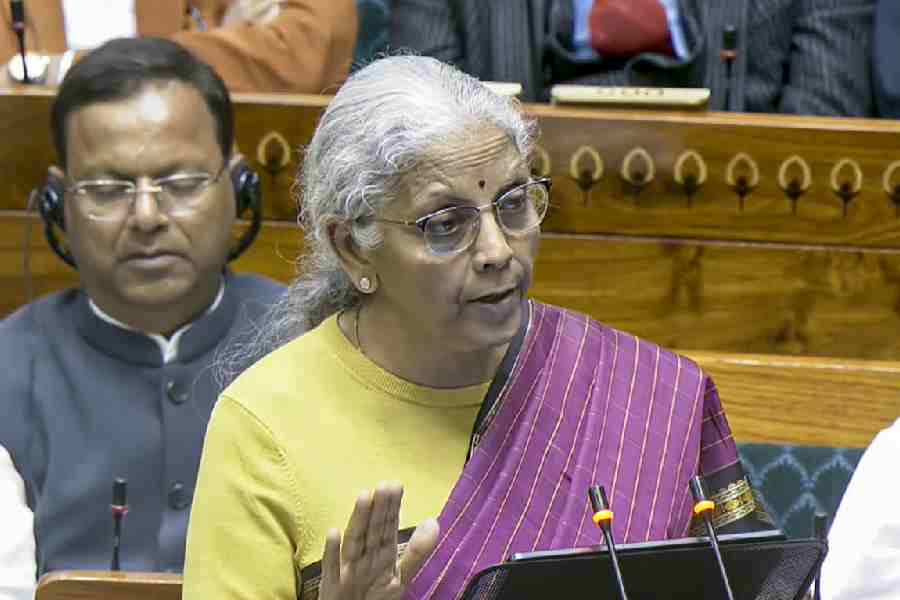Banu Mushtaq has lit a thousand lamps in our hearts. Her stories haunt us, her characters question us, her narratives from the heartland of Karnataka tell the stories of the soil, but are universal in nature. Her women — weak, oppressed, suffering—speak of the vicious patriarchy and urge for attention and reform with their silences. Her men, grossly flawed and universally the same, join the chorus to fix the world that is still biased. To share more about the activist-author who won the International Booker Prize along with translator Deepa Bhasthi, members of The Rising Asia Literary Circle met at The Bhawanipur House.
Founder trustee and curator of The Rising Asia Literary Circle, Julie Banerjee Mehta drew a packed house of literary enthusiasts who were eager to hear, and more eager to share their impressions of Mushtaq’s stories. “Banu Mushtaq, the Kannada-language activist-writer who fearlessly reveals a blasted world which she knows and understands well, has become the representative voice of millions of battered women. From the Muslim community herself, she tears open the sore of a community and women from other communities. Her cache of short stories in Heart Lamp reveals how masculinist abuse and trauma have grown in the embattled homeland where mothers, sisters, and wives are struggling to keep their bodies, minds and dignity unscathed. How women continue to be objects of male lust, domination, economic deprivation, derision, and damage,” said Mehta, a post-colonial scholar, warming up the house to Mushtaq and her short stories that were written over three decades. Making it more interesting, she added how she found a strange connection in Mushtaq and Kenyan author Ngũgĩ wa Thiong’o, who talked about ‘decolonising the mind’.
Anasuya Pal, who has roots in Mangalore, could easily unpack the nuances of the book, and for her Black Cobra stood out. “Banu Mushtaq’s narratives expose a world where women are mute, expendable, and valued only until they bear a male child — thereafter, their worth dissolves into apathetic neglect. Against this bleak backdrop, Black Cobra stands out both in form and message. It opens theatrically with women showing collective subservience to Abdul Khader Saheb, the Mutawalli. The story crescendos with Yakub, a violent deserter husband, killing his infant daughter by kicking his wife Aashraf. It ends with those same submissive women rising in collective defiance, mocking the Mutawalli’s failure to protect Aashraf and her daughters,” said Pal, who also loved Be a Woman Once, Oh Lord! “It’s a quietly searing letter to the Creator from an abandoned young mother. She challenges divine design, pleading, “If you were to build the world again… come as a woman, Prabhu! Be a woman once, oh Lord!” It’s a bold, anguished call for empathy, justice, and transformation of patriarchal creation,” she added.
Picking up from Pal, Anju Munshi, who summed up the book as "simple yet voluminous in thought, emotions and sensibilities", talked about the universal factor of the stories and how the very female characters who are wronged harbour a collective outrage. “Although it is focused on the Muslim community, it cuts across all borders and genders. The conflict between self and filial piety is an undercurrent that runs throughout. The Heart Lamp women characters stand sharply in contrast with the male characters, seriously defunct in compassion and commitment. Not only are they bullies trapped in the cultural web, but also shut off to the world of logic. The women have a collective outrage against unjust practices, a point that I liked the most. The author places resilience over rebellion; faith and fortitude over abuse. They don’t lynch, murder or betray their husbands, but they meekly challenge authority.”
The evening progressed with the members rightly waxing eloquent on Mushtaq’s pen and how each story in her bouquet carried a different flavour. Professor Chaitali Maitra called it a "fiercely strong book" and brought to the discussion Prem Chand’s The Shroud, and Mushtaq’s story of the same name, connecting the two stories with the component of suffering.
Manish Gaekwad, author of The Last Courtesan, who was among the audience, termed Heart Lamp as "urgent and relevant".
Bringing in the perspective of a historian addressing the issue of patriarchy, in reference to Vietnam and communist China, Harish Mehta, founder of Rising Asia Foundation and editor-in-chief of Rishing Asia journal, added: “The Chinese patriarchy faced a challenge from the Literary Revolution in China that began around 1917 and created multiple modernities, and ushered in Westernisation and a break from tradition. China’s premier fiction writer of the time, Lu Xun, and the writers of the May Fourth Movement — an anti-imperialist and modernisation front — used modernity as a tool to bring about Chinese participation in the outside world. Both the Nationalist Party and the Chinese Communist Party attempted to either extinguish the spark of creativity or coerce writers to adhere to the party line. Some fiction pieces carried a whiff of revolutionary didacticism and propaganda, but Lu Xun, Mao Dun, Rou Shi, and Zhao Shuli produced classics depicting women’s struggle for liberation from foot-binding, the sale of wives, domestic violence, and brutal exploitation. The Chinese Communist Party encouraged young wives to assert their independence from their mother-in-laws and husbands, to stamp out the practice of young wives being regularly beaten by them.”
Mushtaq is a lawyer, guiding hundreds of women in asserting their rights, and in some ways, her stories can also be termed as texts of resistance. The ripples of her big win in London have ignited many hearts beyond the limited geography of the South Indian state, as her stories of muted resistance are reaching every corner with a language widely read.
The power of Mushtaq’s stories is that they move you, and the audience couldn’t be a mute spectator. They actively participated and brought in points that added to the evening’s mood. Saheli Mitra brought the focus to the power of the art and skill of translation. “All is not lost in translation. I have realised the truth of this first-hand as head of a content, translation and creative company. Translation is the need of the hour to reach literary works written in local languages, which at times are of very superior quality to a larger audience.”
Giving due credit to Deepa Bhasthi, the translator of Heart Lamp, Sudipta Kumar Ghosh, founder, Exceller Books, said: “Translating an Indian regional book into English is never just about finding the right words — it’s about capturing a whole world. It means carrying across the emotion of a scene, the sound of a dialect, the quiet moments between lines, and making sure none of it gets lost along the way. It’s challenging because so much of what makes regional writing beautiful lives deep in its culture, its customs, its gestures. That’s why Banu Mushtaq’s Heart Lamp feels so special. It doesn’t just ‘translate’ a story — it breathes life into it. Deepa Bhasthi’s translation has shown how a regional voice can remain deeply rooted and still speak to the world. This can open a lot of avenues in translation literature.” Continuing, before the session wrapped up, Ghosh added: “As a publisher, I feel deeply grateful for how these works are making space for diverse stories and voices. We’ve witnessed this ourselves when we published The Winged One by Binod Ghoshal, the translation of his Yuva Sahitya Akademi-winning Bengali short story collection Danaola Manush (2011) and received great response for this translation. That’s how we build bridges across borders, allowing readers everywhere to connect with the richness of local culture.”

